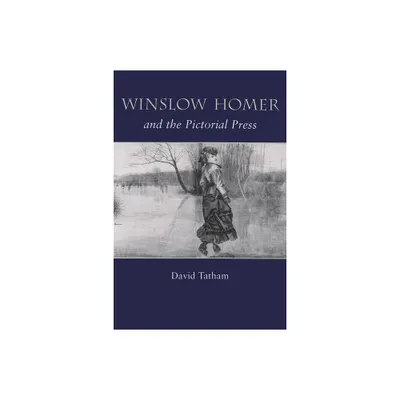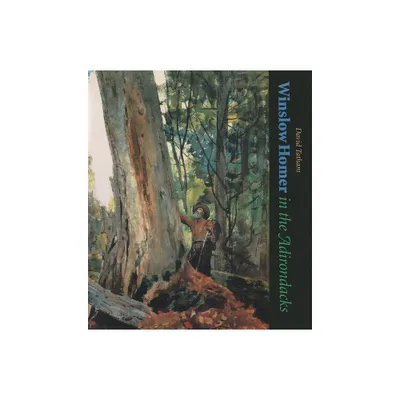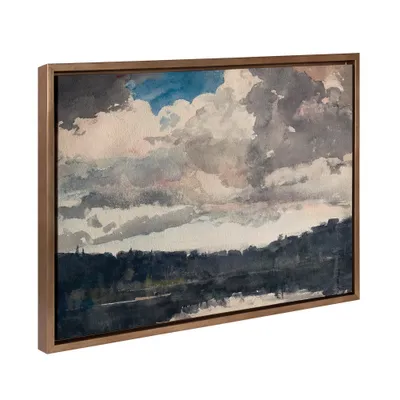Home
Winslow Homer: American Passage
Loading Inventory...
Barnes and Noble
Winslow Homer: American Passage
Current price: $22.95


Barnes and Noble
Winslow Homer: American Passage
Current price: $22.95
Loading Inventory...
Size: Audiobook
*Product Information may vary - to confirm product availability, pricing, and additional information please contact Barnes and Noble
The definitive life of the painter who forged American identity visually, in art and illustration, with an impact comparable to that of Walt Whitman and Mark Twain in poetry and prose—yet whose own story has remained largely untold.
In 1860, at the age of twenty-four, Winslow Homer (1836–1910) sold
Harper’s Weekly
two dozen wood engravings. One was a scene that Homer saw on a visit to Boston, his hometown. His illustration shows a crowd of abolitionists on the brink of eviction from a church; at their front is Frederick Douglass, declaring “the freedom of all mankind.”
Homer, born into the Panic of 1837 and raised in the years before the Civil War, came of age in a nation in crisis. Whether using pencil, watercolor, or, most famously, oil, Homer addressed the hopes and fears of his fellow Americans and invited his viewers into stories embedded with universal, timeless questions of purpose and meaning.
Like his contemporaries Twain and Whitman, Homer captured the landscape of a rapidly changing country with an artist’s probing insight. His tale is one of America in all its complexity and contradiction, as he evolved and adapted to the restless spirit of invention transforming his world. In
Winslow Homer: American Passage
, William R. Cross reveals the man behind the art. It is the surprising story of a life led on the front lines of history.
Includes Color Images and Maps
In 1860, at the age of twenty-four, Winslow Homer (1836–1910) sold
Harper’s Weekly
two dozen wood engravings. One was a scene that Homer saw on a visit to Boston, his hometown. His illustration shows a crowd of abolitionists on the brink of eviction from a church; at their front is Frederick Douglass, declaring “the freedom of all mankind.”
Homer, born into the Panic of 1837 and raised in the years before the Civil War, came of age in a nation in crisis. Whether using pencil, watercolor, or, most famously, oil, Homer addressed the hopes and fears of his fellow Americans and invited his viewers into stories embedded with universal, timeless questions of purpose and meaning.
Like his contemporaries Twain and Whitman, Homer captured the landscape of a rapidly changing country with an artist’s probing insight. His tale is one of America in all its complexity and contradiction, as he evolved and adapted to the restless spirit of invention transforming his world. In
Winslow Homer: American Passage
, William R. Cross reveals the man behind the art. It is the surprising story of a life led on the front lines of history.
Includes Color Images and Maps


















